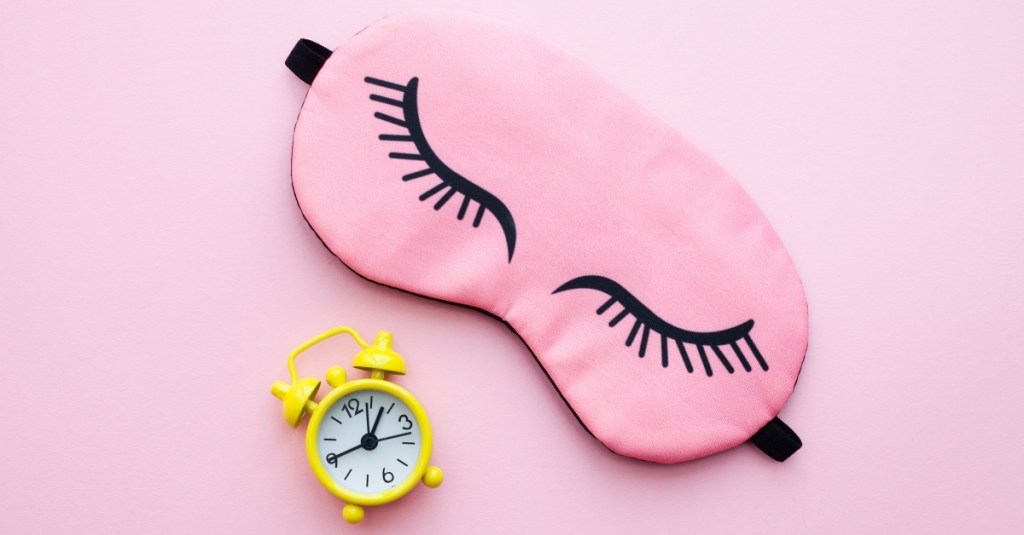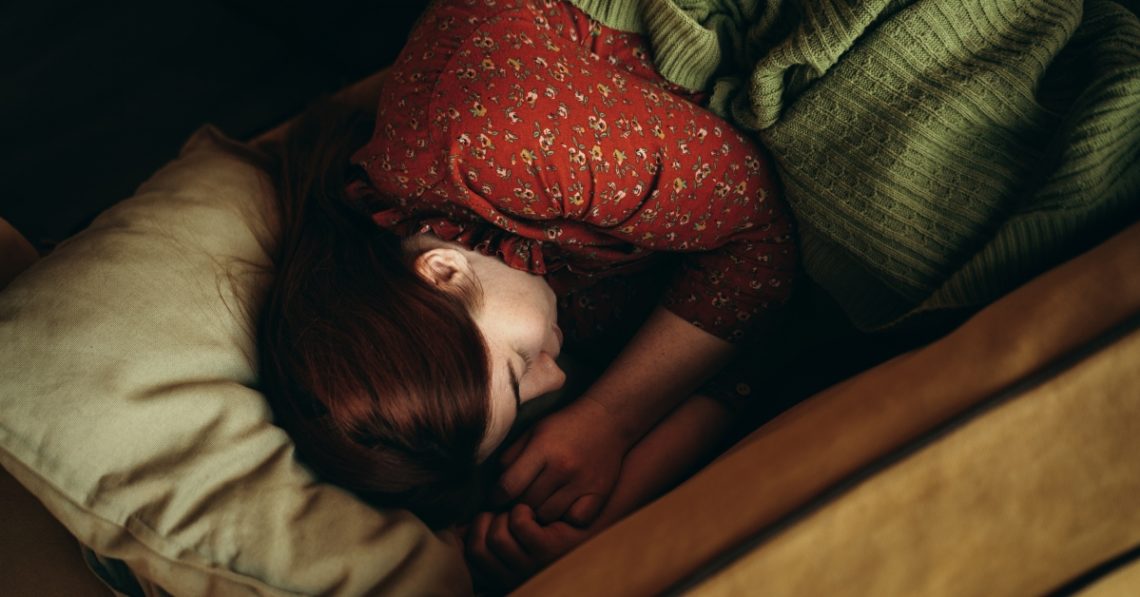Sleep is supposed to be simple, right? You close your eyes, drift off, and wake up ready to face another day. But a new study published in PLOS Biology suggests that what happens between those two points says far more about your brain and body than you might think. Researchers at Concordia University identified five distinct “sleep profiles,” each tied to a specific mix of mental health, cognitive ability, and behavior.
They analyzed data from 770 healthy young adults as part of the Human Connectome Project, which combines MRI brain imaging with self-reported health and lifestyle information. The research points to sleep habits as biological signals, impacting everything from mood to focus and even aggression.
1. The Restless Mind
This group had the hardest time falling asleep and the least satisfaction with their rest. They also scored higher in anxiety, depression, and anger. According to lead researcher Aurore Perrault, the link between poor sleep and emotional distress was visible not only in behavior but in distinct brain network patterns.
2. The Wired Worrier
People in this category technically sleep fine but still wrestle with mental health symptoms like ADHD, stress, fear, and irritability. They show few classic sleep problems, suggesting their issues may stem from other factors—like chronic worry or overstimulation—that spill into bedtime anyway.

3. The Medicated Sleeper
This profile includes people who rely on sleep aids. They tend to be responsible and socially connected but show mild cognitive issues involving memory and spatial reasoning. Researchers believe the medication’s side effects may actually chip away at mental sharpness, even when users feel rested.
4. The Short Sleeper
Less sleep correlated with higher aggression and trouble with emotional regulation, language, and reasoning. These individuals function, but their brains show the wear. Chronic short sleep can dull creativity and make even small frustrations feel outsized.
5. The Fragmented Sleeper
Frequent nighttime awakenings define this group. Alongside poor focus and emotional strain, they also show elevated blood pressure, anxiety, smoking habits, and alcohol dependence. Their sleep is disrupted, and so is nearly everything else.
Each sleep profile came with its own brain signature, suggesting that rest changes how we think as much as how we feel. Researchers hope that mapping these differences could help doctors connect sleep patterns with mental health in more precise ways. What we know for now is that sleep reaches farther than fatigue. It shapes memory, emotion, and the way we handle the world when we’re awake.
The post These Are the 5 Types of Sleepers. Which One You Are? appeared first on VICE.




